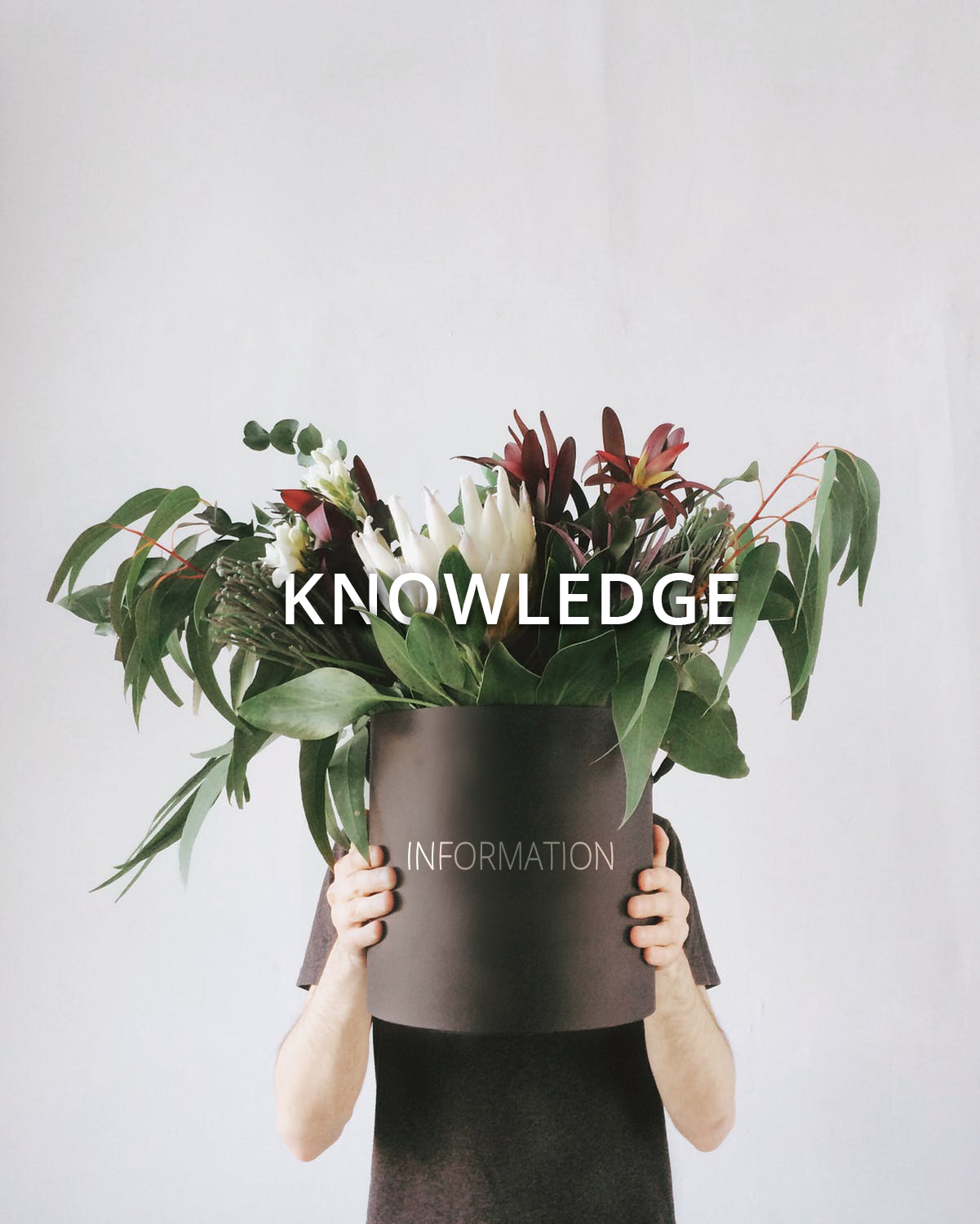When Does Information Become Knowledge?
As organizations we continue to accumulate massive amounts of information. Everyday our teams create documents, save files and have brainstorming sessions on whiteboards or in meetings. Corporate clouds and servers are happily being fed a stream of information. But is it information that can help make organizations smarter and more efficient? Or, does the power of information appear when it transforms into knowledge an organization benefits from?
We would argue that information is necessary to build knowledge, but knowledge is what creates value and has the power to elevate teams to become more effective.
____________________________________________________________________________
Example of information vs. knowledge
A good example that highlights this fundamental thought is asking an engineering team to create a new product based on sketches and parameters developed by a design team.
Option 1: You give the engineering team just information; files, documents, photos, whiteboards, etc.
Option 2: You give the Engineering team the same information but with context. Video, text, and audio supply insight to pieces of information and connect them in a specific order to tell a narrative.
If you were placing bets on which option gives the engineering team the best chances for success, then you would be smart to pick option 2. It packages information with insight and delivers more than just random files. It delivers a collective understanding of how and why the product was designed in a specific way. Imagine the time both teams would save from fixing the mistakes that occur when information is shared without context.
____________________________________________________________________________
While information is valuable, it is only information until it offers context, communicates insight, and facilitates understanding.
Think of your organization’s current cloud like DropBox, now choose a file at random. Opening and viewing that document might mean nothing if it doesn’t have context or the person who created it to explain it. This is why we make the distinction between information and knowledge.
Tips for turning your information into knowledge:
Add context to frame your information. Use audio and video to add a deeper layer of insight.
Add commentary to further explain your information.
Connect pieces of information together to form a narrative.





